With a new president and administration about to take office, there is a very real possibility that the military's “Don't Ask, Don't Tell” policy will be reversed... a move that can't come fast enough for Grethe Cammermeyer.
Cammermeyer’s story was told in the 1994 book and award-winning television movie, Serving in Silence, which starred Glenn Close as Cammermeyer. The film followed her career as a military nurse, her marriage to a fellow soldier, their four sons and her dismissal from the service for being a lesbian.
Born in Oslo, Norway, in 1942 during the Nazi occupation, Cammermeyer’s first heroes were her parents and the resistance fighters who put their lives on the line to fight for freedom. It’s not surprising that some 50 years later she would put everything she knew and loved on the line to fight for her own freedom.
Despite more than 25 years exemplary military service, including receiving a Bronze Star for service in Vietnam, Cammermeyer was discharged from the Washington National Guard after she disclosed she was a lesbian during a security clearance interview.
A colonel, she was the highest ranking officer ever discharged from the U.S. military for being gay. She fought the dismissal and following a court battle was reinstated. She retired in 1996 with more than 31 years of military service.
Unfortunately, Cammermeyer’s victory has been somewhat hollow. While her reinstatement was a personal victory and her life since has been rewarding and fulfilling the changes she fought so hard to win have not been realized. Don’t Ask, Don’t Tell (DADT), instituted in 1993, has prohibited gay or bisexual U.S. military service members from disclosing their sexual orientation. More than 12,500 people have been dismissed from the military since the policy was implemented.
Today, the spotlight created by the film has dimmed but Cammermeyer continues to be active and outspoken about gay rights and especially gays in the military. She lives with her long-time partner Diane Divelbess on Whidbey Island, Wash., where they run an adult family home.
Edie Stull: With the election of Barack Obama, do you feel the end of DADT is in sight?
Grethe Cammermeyer: The election of Barack Obama as President is a turning point in American Democracy. There is a sense of hope for our future as never before. When [John F.] Kennedy asked us to ‘do for our country,’ there was a sense of belonging, of being a collective American. Obama has given that same challenge to millions. He has asked us all to work together to rebuild a fractured country. All is possible with this inspirational and committed man at the helm.
President-elect Obama was in agreement with all the other Democratic presidential candidates that the Don't Ask, Don't Tell law was unnecessary and should be overturned. This time around, though, the country as a whole is less frightened by the idea that there are gays and lesbians in society, [who] are productive members of society and have served in the military since the United States became a country.
Currently over 65,000 gays and lesbians are serving in the military… dying, sacrificing for the freedom of others around the world. The one million gay and lesbian veterans deserve better than to be treated as second class citizens. It requires more than a supportive President to get the law overturned. Now the efforts are focused on working with the House and Senate to sign on to the Military Readiness Act, which will overturn the ban. Considering that we have fired over 11,000 trained service members, over 50 linguists and hundreds of other critical specialties, the law is counterintuitive to homeland security.
ES: How do you feel about the defeat of the pro-gay initiatives in California, Arizona, Florida?
GC: Ironically, this election also deprived gays, lesbians and their families of basic human rights and dignity by overturning their right to marriage and adoption of children. It is personally devastating to be denied family protection, to be treated less than others, to not have a long-standing loving relationship validated, not have domestic partnership protection… yet that is the result of the anti-gay initiatives in Florida, Arizona and California.
Diane and I were married in Oregon in 2004 after having been together for 15 years. We were ecstatic. Our families joined us for our church wedding. It was the most wonderful experience of having our relationship validated by state and church. One year later, our marriage was nullified by the Oregon Supreme Court. It felt like we were kicked in the gut. We continue to dream of an America where all are treated equally, have the same human and civil rights.
More on next page...
\\\
(continued)
ES: Do you still hear from people about Serving in Silence?
GC: It’s amazing… it was so long ago on one hand and yet because it keeps being shown on television, I continue to get mail and have conversations with people who have just seen it...
ES: Were you happy with the way the film turned out?
GC: Oh yes. We couldn’t have been happier because they stayed true to the facts and because there wasn’t a Hollywood twist put on it. And of course the phenomenal acting of Glenn Close and Judy Davis [who played Diane Divelbess]… you couldn’t ask for more.
ES: Have you ever regretted writing the book or doing the film?
GC: Early on, my attorney said if you go public and if there is a film… if you do the book, it will forever change your life. I heard the words but I certainly did not realize the impact. Over the years I have felt that it was the only thing that I could have done because I thought it was the right thing to do. And I continue to feel that I have an obligation to be available and respond to people who have been moved by Serving in Silence or relate to it.
My regret is that DADT was enacted in 1993… that feels really tragic when my dream had been that my challenge would change things… to have a law enacted that cost that many people their careers, feels like a failure on the part of my efforts.
ES: How was the experience of running for Congress in 1998?
GC: Naïve… (laughs) having been in the military and having worked for the federal government for 30 years and then retiring to run for Congress when I had no idea about politics… no idea about the politics in the area where I was living. I ran a pretty good race, all things considered… I lost by five percentage points without traditional support. Being a lesbian and running for a public office was something new for society to deal with.
ES: What made you decide to open Saratoga View, your adult family home?
GC: As a nurse living on an island and having a lot of lesbian friends with elderly parents, I thought why not convert our big house into an adult family home. We take on the most challenging of complicated medical cases. It is extremely time consuming, of course, because it is a 24-hour-a-day task to oversee plus to provide care, but I feel like I am thriving and I think the residents are also.
ES: You’ve said your goal with the book and movie was to change the view most Americans have of gays and lesbians. Do you think that view has changed?
GC: I think the more people who come out -- and we have to do that on a continuous basis -- the more society changes. I think it’s important to challenge the status quo… to challenge the use of language. I would get an invitation that read bring your husband or wife and I would say ‘I’m not allowed to have a husband or wife but could I bring my partner,’ and the next invitation would say ‘bring your partner or spouse.’ It’s raising consciousness to the use of language, just as has gone on in every other social movement.
ES: What advice would you give to gays in the military today?
GC: First I would say, thank you for your double service, both serving in silence and serving this country. Make sure that you are familiar with the Servicemembers Legal Defense Network.
And I would say to be careful. For those contemplating going into the military, I am at the point of saying, why would you go into an organization that denies you your humanity, whether it be the American military, whether it be the Boy Scouts, whether it be certain religious organizations… why would you do that to denigrate the very person that you are?
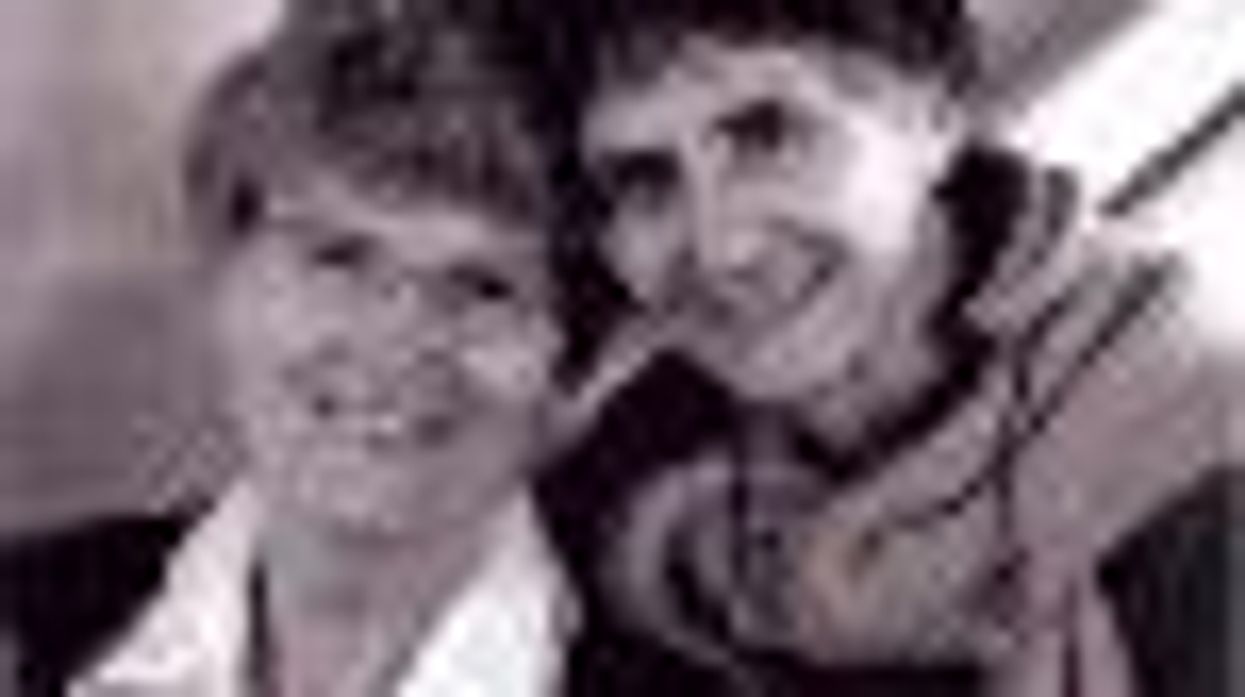

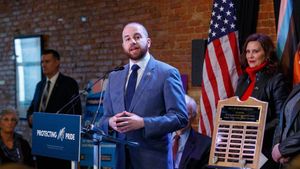



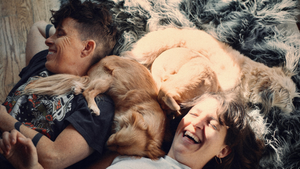
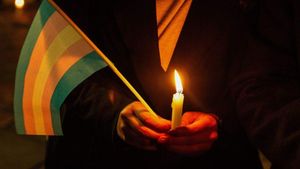











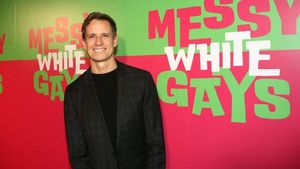












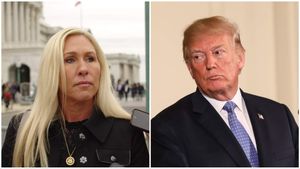


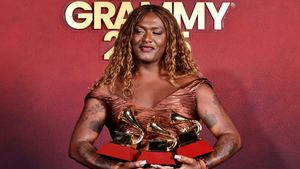


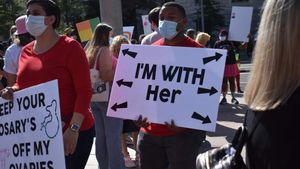







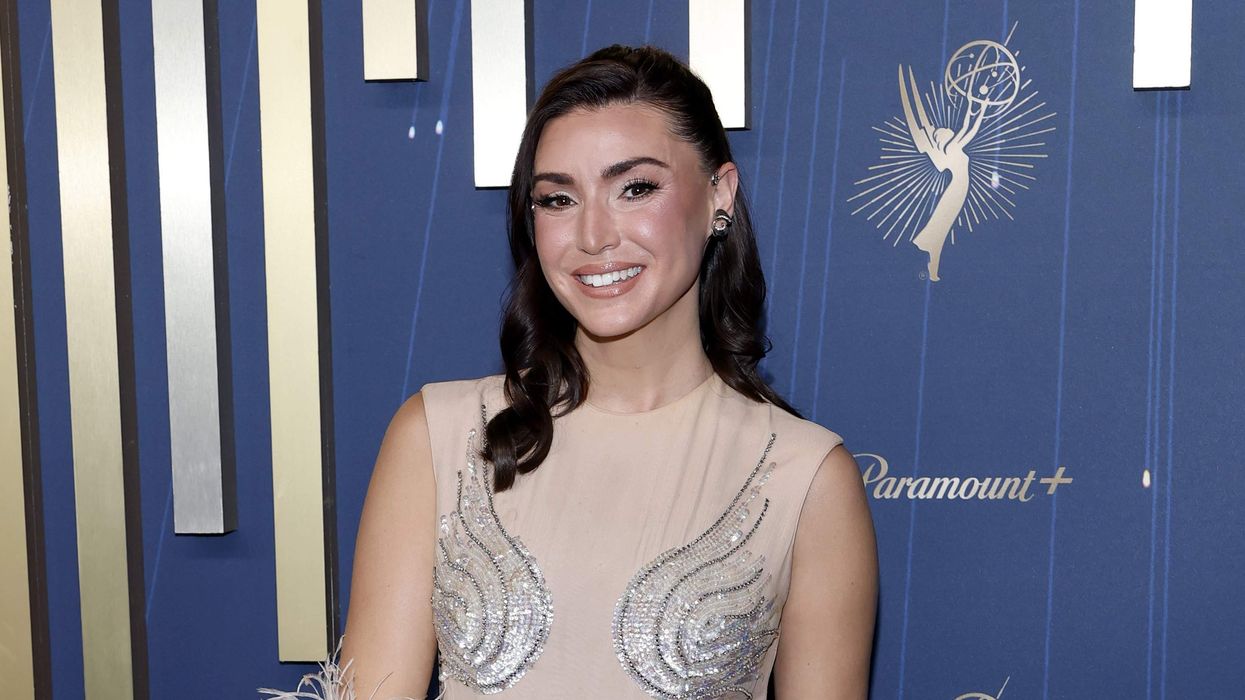
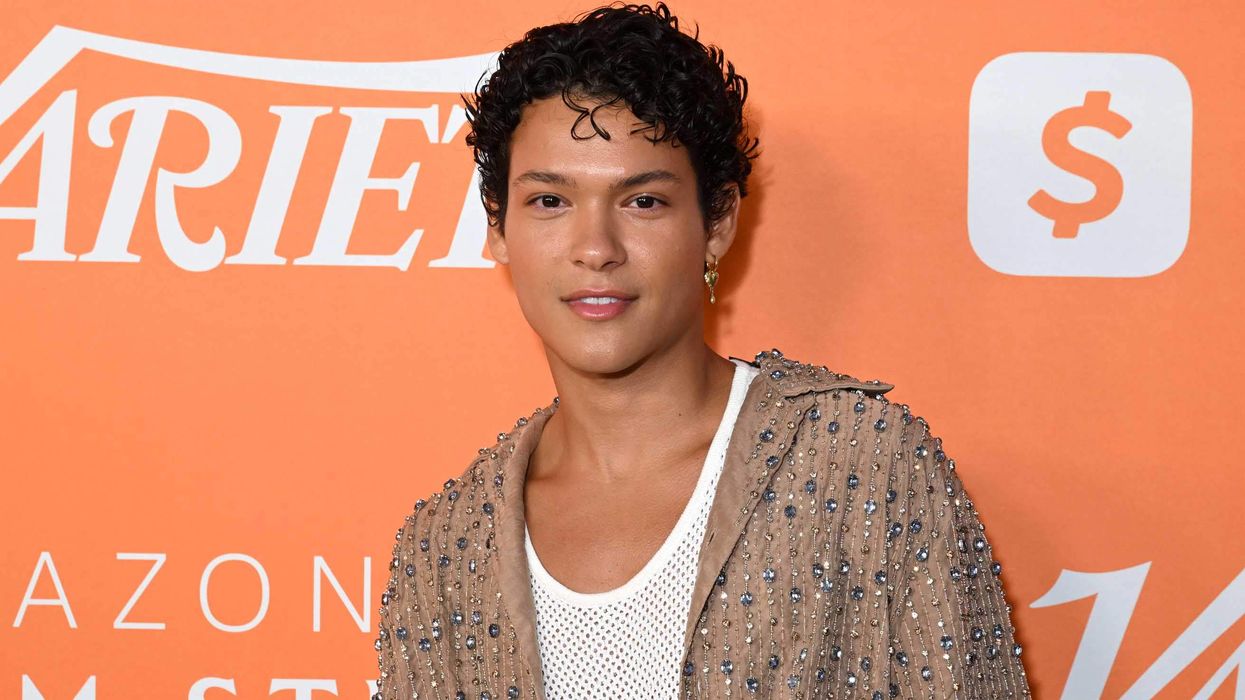
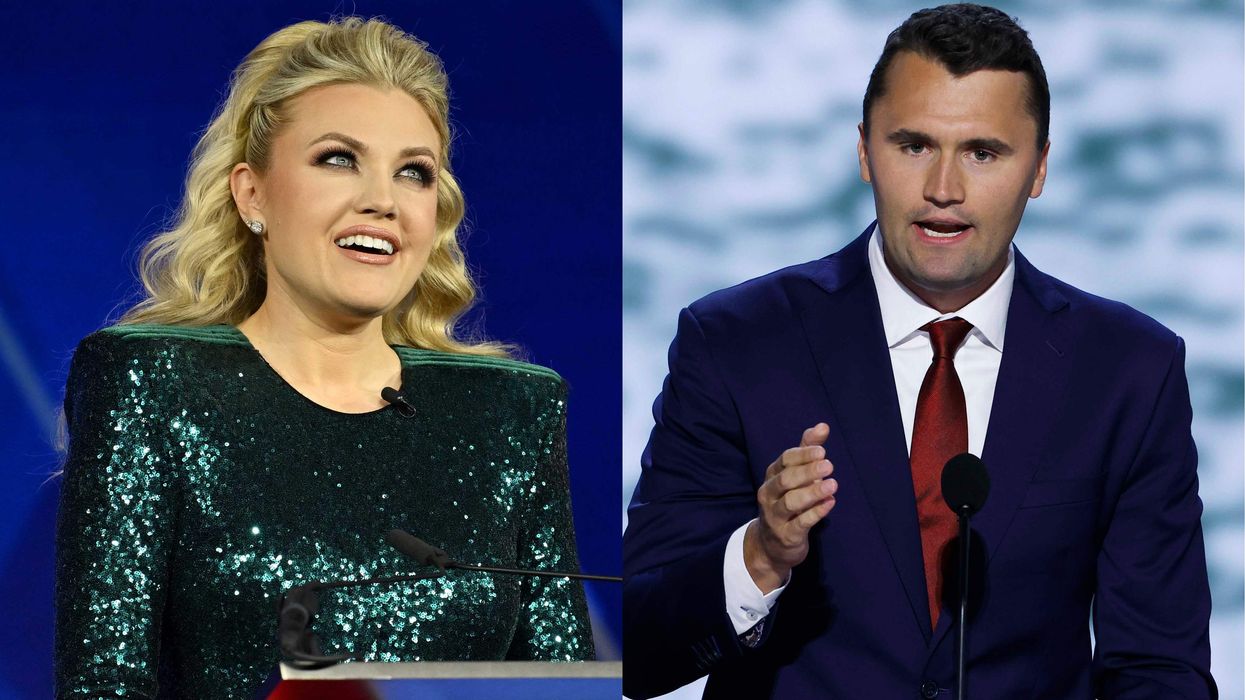































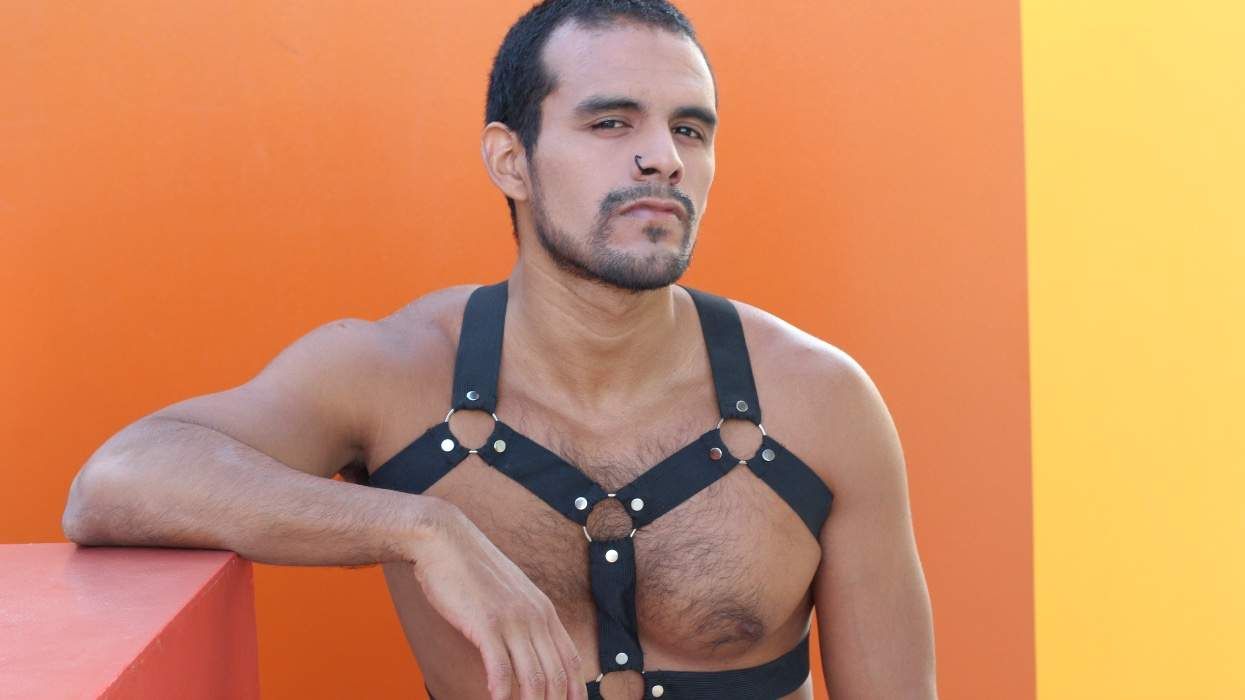

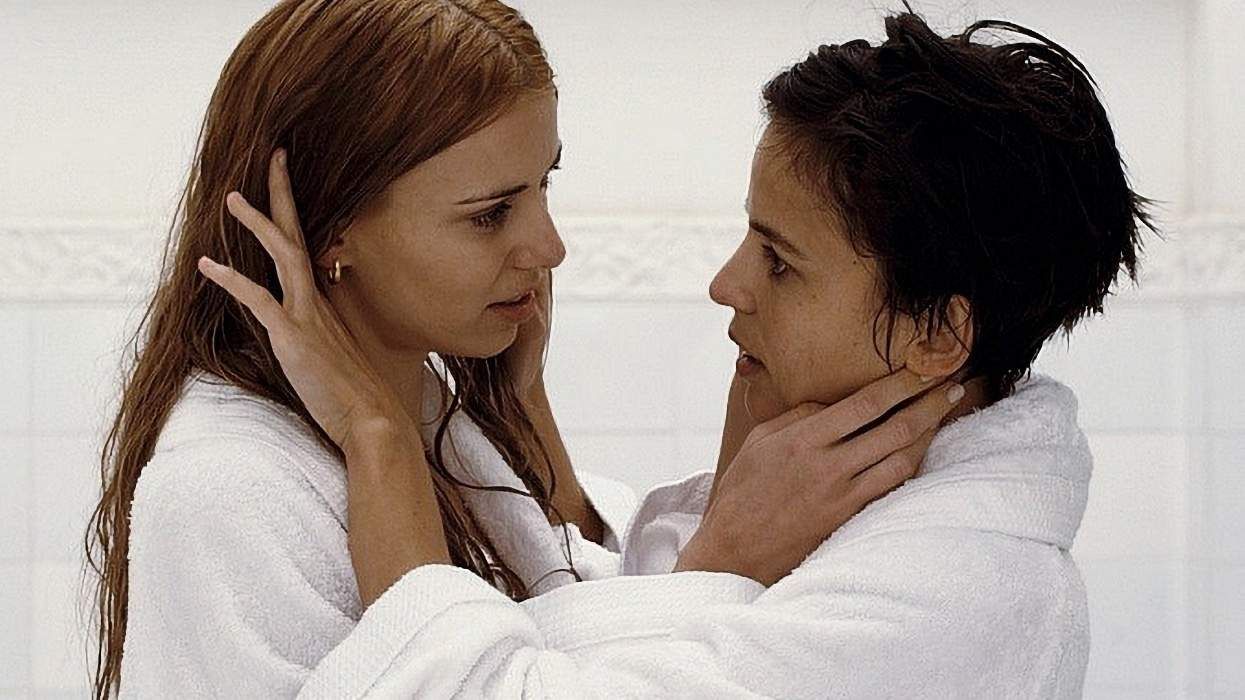




 Cindy Ord/Getty Images
Cindy Ord/Getty Images

























